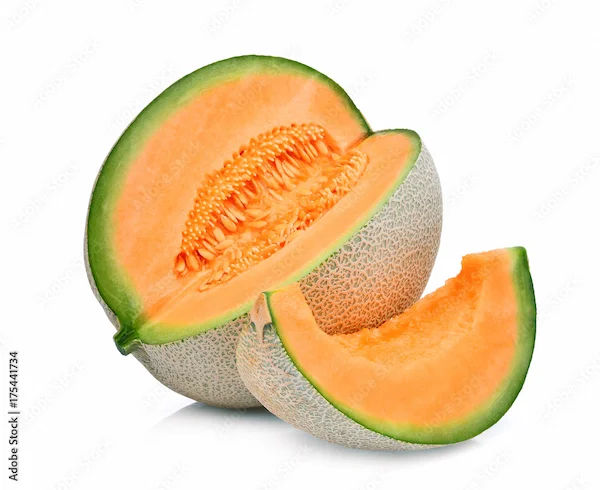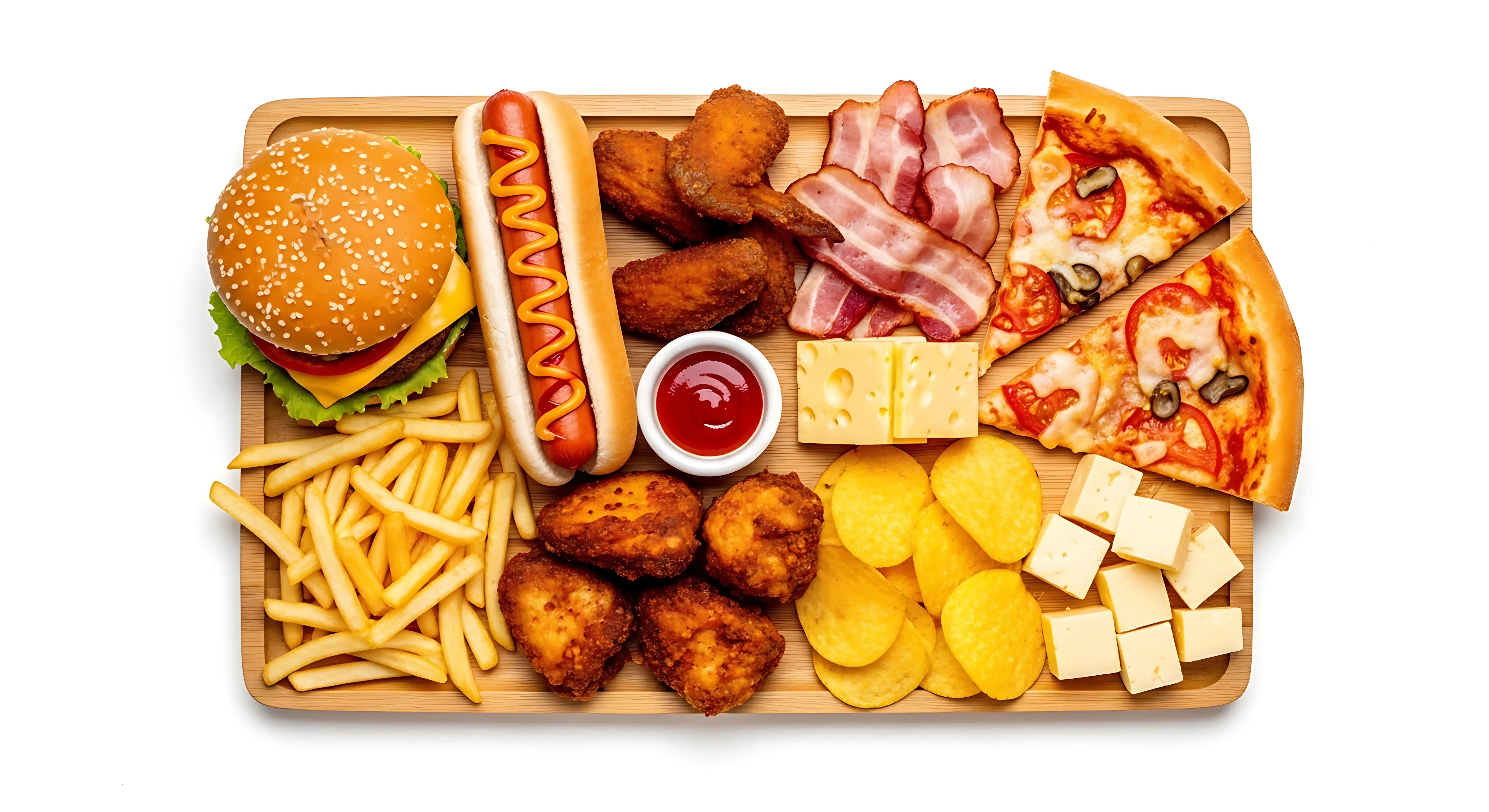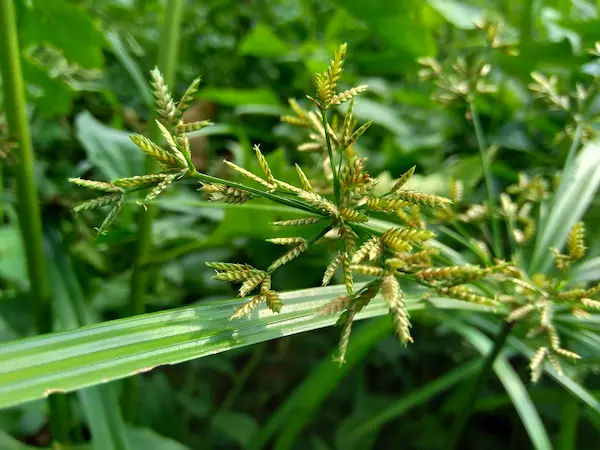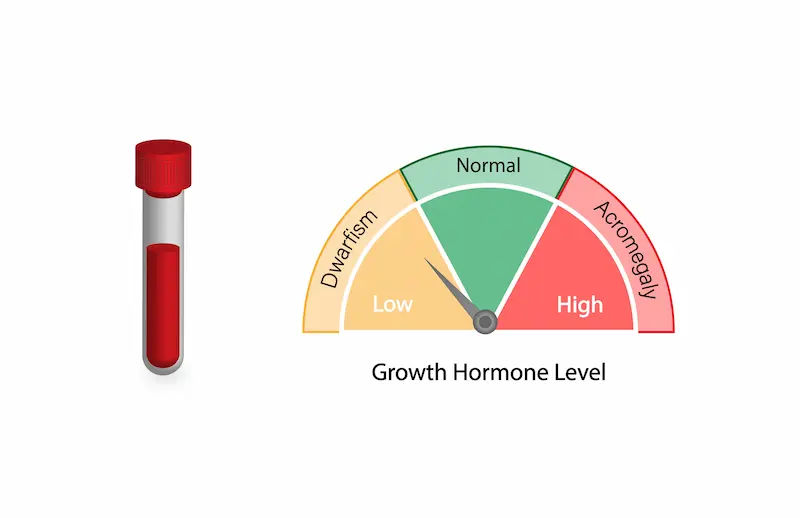Benefits of Corn
Discover the incredible benefits of Corn (Zea mays) for heart health, digestion, and energy. Learn how this nutrient-rich grain supports overall wellness and natural vitality.

Written by Dr. J T Hema Pratima
Reviewed by Dr. Shaik Abdul Kalam MD (Physician)
Last updated on 13th Jan, 2026

Introduction
Corn, commonly known as Makka in Hindi, is a staple food enjoyed across the world. Whether boiled, roasted, or ground into flour, corn is not only delicious but also packed with essential nutrients that benefit your health. If you're looking for a natural way to boost your diet, adding corn can be a great choice. In this article, we’ll explore the health benefits of corn, how it can improve your well-being, and some easy ways to include it in your meals.
Nutritional Value of Corn
Corn is rich in vitamins, minerals, fibre, and antioxidants. Here’s a quick look at its nutritional profile per 100 grams:
Calories: 86 kcal
Carbohydrates: 19 g
Protein: 3.2 g
Fibre: 2.7 g
Vitamin C: 6.8 mg (11% of daily needs)
Vitamin B1 (Thiamine): 0.2 mg (13% of daily needs)
Folate (Vitamin B9): 42 mcg (10% of daily needs)
Magnesium: 37 mg (9% of daily needs)
Potassium: 270 mg
Corn also contains antioxidants like lutein and zeaxanthin, which are great for eye health.
Top Health Benefits of Corn
Some of the top health benefits of corn are:
1. Supports Digestive Health: Corn is a good source of dietary fibre, which helps in digestion and prevents constipation. The insoluble fibre in corn acts like a natural scrub for your intestines, keeping your gut healthy.
2. Boosts Heart Health: Corn contains healthy fats, fibre, and antioxidants that help lower bad cholesterol (LDL) and improve heart function. The folate in corn also helps reduce homocysteine levels, which are linked to heart disease.
3. Good for Eye Health: Corn is rich in lutein and zeaxanthin, two antioxidants that protect your eyes from harmful blue light and reduce the risk of age-related macular degeneration (AMD) and cataracts.
4. Provides Energy: Corn is a complex carbohydrate, meaning it releases energy slowly, keeping you full and energised for longer. This makes it a great food for athletes and active individuals.
5. Helps in Weight Management: Despite being slightly higher in calories, corn keeps you full due to its high fibre content, reducing unnecessary snacking. When eaten in moderation, it can support healthy weight management.
6. Supports Skin Health: The vitamin C and antioxidants in corn help in collagen production, keeping your skin firm and youthful. Applying cornstarch can also soothe skin irritations like rashes.
7. May Help Control Diabetes: While corn does contain carbs, its fibre content helps regulate blood sugar levels. Choosing whole corn over processed corn products can be beneficial for diabetics when eaten in controlled portions.
8. Strengthens Bones: Corn contains magnesium, phosphorus, and zinc, which are essential for maintaining strong bones and preventing osteoporosis.
Consult Top Specialists for Personalised Usage Tips
How to Include Corn in Your Diet?
Corn is versatile and can be enjoyed in many ways:
Boiled or Grilled Corn: A simple and healthy snack.
Corn Salad: Mix boiled corn with veggies like cucumber, tomato, and lemon dressing.
Corn Soup: A warm, nutritious option for winters.
Makki ki Roti: A traditional Indian flatbread made from corn flour.
Popcorn (Air-popped): A healthy, fibre-rich snack (avoid butter and excess salt).
Precautions & Who Should Avoid Corn?
While corn is generally safe, some people should consume it in moderation:
People with Digestive Issues: Too much corn may cause bloating.
Diabetics: Should monitor portion sizes due to carb content.
Those with Corn Allergies: Rare, but some may experience reactions.
Conclusion
Corn is a nutrient-dense, delicious, and affordable food that offers multiple health benefits. From improving digestion to boosting heart and eye health, adding corn to your diet can be a smart choice. If you have specific health concerns or dietary restrictions, consult a nutritionist or doctor to determine the best way to include corn in your meals.
Consult Top Dieticians
Consult Top Specialists for Personalised Usage Tips

Ms. Neelanjana J
Dietician
5 Years • Bsc., Msc. Nutrition and Dietetics specialised general weight management, PCOS/PCOD weight loss and Diabetes management. A clinical dietitian with 4+ year experience specializing in evidence-based, result-oriented nutrition therapy. I have extensive experience in weight loss, thyroid management, PCOD/PCOS, weight gain, and diabetes & prediabetes care. My approach is personalized, practical, and sustainable—focusing on helping individuals achieve long-term lifestyle change rather than quick fixes. I work closely with clients to understand their medical history, lifestyle, and goals, and then design customized diet plans that support hormonal balance, metabolic health, and overall wellbeing. My goal is to make nutrition simple, realistic, and effective—so you see measurable results and feel your healthiest self.Auther in Health benefits of jackfruit (Artocarpus heterophyllus Lam.) seeds: A review (2023) The Pharma Innovation Journal Co- Auther in Malnutrition in Women: A review (2023) The Pharma Innovation Journal. Highfield Level 3 in HACCP. Highfield Level 4 International Award in Food Safety Managment
Bengaluru
Apollo Clinic, JP nagar, Bengaluru

Ms. Sreeparna Dey Dhara Deb
Dietician
10 Years • DNHE
Bansdroni
Siddhita Healthcare., Bansdroni

Ms. Samapti Maity
Dietician
16 Years • MSc. (Clinical Nutrition & Dietitics), NDEP, Course in Maternal Infant Young Child Nutrition.Diploma in Sports Nutrition, Diploma in Diabetic educator, FODMAP Specialist
Kolkata
BIENETRE CLINIC, Kolkata

Ms. Soma Saha
clinical nutrition
17 Years • B.Sc. - Home Science (Food & Nutrition), M.Sc. - Home Science (Food & Nutrition)
Kolkata
Dr Utsa Basu Clinic, Kolkata
(50+ Patients)

Ms. Preeti Lata Mohanty
Dietician
2 Years • Msc in Food science and Nutrition
Bengaluru
Apollo Medical Center, Marathahalli, Bengaluru
Consult Top Dieticians

Ms. Neelanjana J
Dietician
5 Years • Bsc., Msc. Nutrition and Dietetics specialised general weight management, PCOS/PCOD weight loss and Diabetes management. A clinical dietitian with 4+ year experience specializing in evidence-based, result-oriented nutrition therapy. I have extensive experience in weight loss, thyroid management, PCOD/PCOS, weight gain, and diabetes & prediabetes care. My approach is personalized, practical, and sustainable—focusing on helping individuals achieve long-term lifestyle change rather than quick fixes. I work closely with clients to understand their medical history, lifestyle, and goals, and then design customized diet plans that support hormonal balance, metabolic health, and overall wellbeing. My goal is to make nutrition simple, realistic, and effective—so you see measurable results and feel your healthiest self.Auther in Health benefits of jackfruit (Artocarpus heterophyllus Lam.) seeds: A review (2023) The Pharma Innovation Journal Co- Auther in Malnutrition in Women: A review (2023) The Pharma Innovation Journal. Highfield Level 3 in HACCP. Highfield Level 4 International Award in Food Safety Managment
Bengaluru
Apollo Clinic, JP nagar, Bengaluru

Ms. Sreeparna Dey Dhara Deb
Dietician
10 Years • DNHE
Bansdroni
Siddhita Healthcare., Bansdroni

Ms. Samapti Maity
Dietician
16 Years • MSc. (Clinical Nutrition & Dietitics), NDEP, Course in Maternal Infant Young Child Nutrition.Diploma in Sports Nutrition, Diploma in Diabetic educator, FODMAP Specialist
Kolkata
BIENETRE CLINIC, Kolkata

Ms. Soma Saha
clinical nutrition
17 Years • B.Sc. - Home Science (Food & Nutrition), M.Sc. - Home Science (Food & Nutrition)
Kolkata
Dr Utsa Basu Clinic, Kolkata
(50+ Patients)

Ms. Preeti Lata Mohanty
Dietician
2 Years • Msc in Food science and Nutrition
Bengaluru
Apollo Medical Center, Marathahalli, Bengaluru




